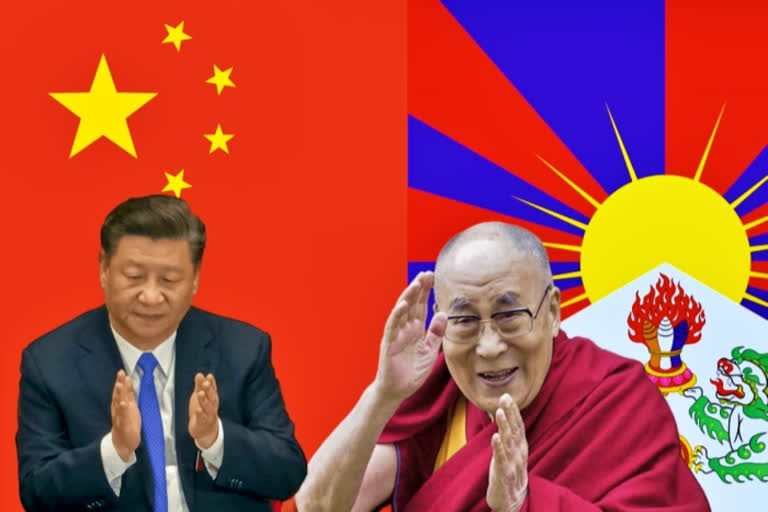New Delhi: In an interesting development replete with significance for the strategies over Tibet—both for China, India and the West—China has taken recourse to history to claim rights to appoint the Dalai Lama, the spiritual leader of Tibetan Buddhism.
On Friday, China's State Council Information Office brought out a white paper ‘Tibet Since 1951: Liberation, Development and Prosperity' which said that the Chinese Qing Dynasty (1644-1911) officially established the titles of the Dalai Lama and Panchen Erdeni and their political and religious status in Tibet.
Read:|'China should have no role in succession process of Dalai Lama'
“From then on, it became an established convention that the central government conferred the titles of Dalai Lama and Panchen Erdeni. The Qing government began to station Grand Ministers Resident in Tibet to supervise and jointly manage local military and political affairs on behalf of the central authorities; in total it appointed more than 100 such ministers,” the paper said.
It added that the Qing government promulgated ‘the 29-Article Ordinance’ for ‘better governance of Tibet’ which stipulated that the “reincarnation of the Dalai Lama and other grand Living Buddhas had to follow the procedure of ‘drawing lots from the golden urn’, and the selected candidate would be subject to approval by the central government of China.”
This position by Beijing that the Dalai Lama’s successor is to be chosen by picking lots from a golden urn in Lhasa and must be approved by the Chinese government has already been rebuffed by the current Dalai Lama.
On March 9, 2021, in vigorous underlining of the Joe Biden administration position on Tibet, State Department spokesperson Ned Price had said: “We believe that the Chinese government should have no role in the succession process of the Dalai Lama.” Price added that China’s effort to decide a successor was “an outrageous abuse of religious freedom.”
India’s stand is aligned with that of the US.
